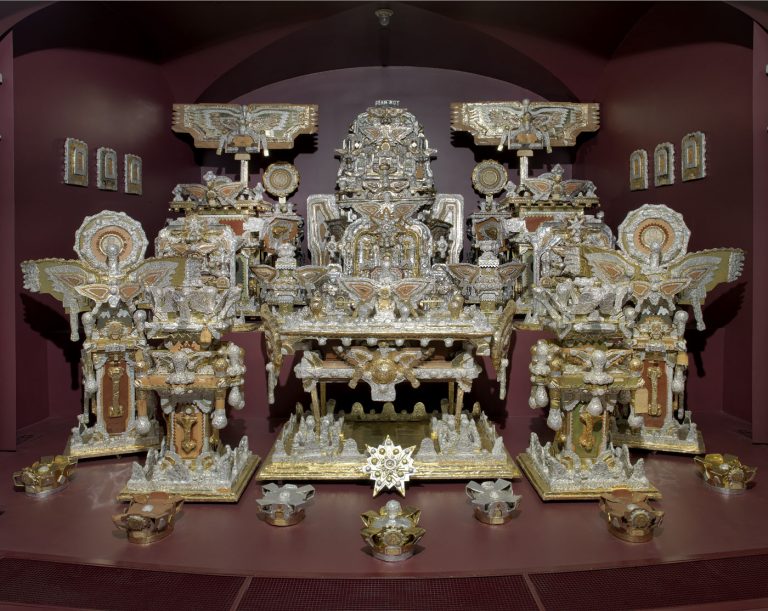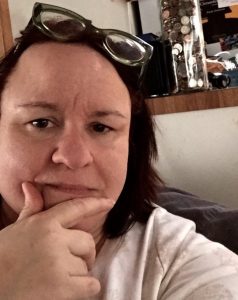Avocado Secret
When the widow wrote
how her husband
once said she was like
a perfectly ripe avocado,
I wanted to rush right out
and buy one. Examine
its tough exterior,
creamy innards,
solid core.
Learn its secret.
At his bedside, I was
best described as a banana.
A fruit turning brown
and mushy too quickly.
Just like an avocado,
when sliced too late.
Except I had no pit
deep inside, stopping
the knife.
The Longest River
Baby Moses floated
down the Nile,
in a basket caulked
with bitumen and pitch,
carefully constructed
from a mother’s
calculated choice
to set her child adrift
amid crocodiles
rather than see him slain
before her eyes.
I think of Jochebed today
as I set you down among tall reeds
knowing you will float
to a fate beyond my grasp
in a wicker basket,
by no means watertight.
But clamping you against my breast
will not keep soldiers or crocodiles away.
So I stand aside as Miriam,
watching at a distance, hoping for a princess
to scoop you from the water with a kiss.
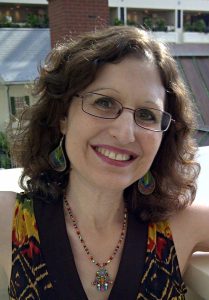 Jacqueline Jules is the author of the poetry chapbooks, Field Trip to the Museum (Finishing Line Press) and Stronger Than Cleopatra (ELJ Publications). Her work has appeared in over 100 publications including Unrequited: An Anthology of Love Poems about Inanimate Objects, Inkwell, Killing the Angel, Soundings Review, Innisfree Poetry Journal, Gargoyle, Potomac Review, Imitation Fruit, Little Patuxent Review, The Broadkill Review, and Minimus. Visit her online at www.jacquelinejules.com where you will see that she is also the author of 35 books for young readers including the Zapato Power series and Feathers for Peacock.
Jacqueline Jules is the author of the poetry chapbooks, Field Trip to the Museum (Finishing Line Press) and Stronger Than Cleopatra (ELJ Publications). Her work has appeared in over 100 publications including Unrequited: An Anthology of Love Poems about Inanimate Objects, Inkwell, Killing the Angel, Soundings Review, Innisfree Poetry Journal, Gargoyle, Potomac Review, Imitation Fruit, Little Patuxent Review, The Broadkill Review, and Minimus. Visit her online at www.jacquelinejules.com where you will see that she is also the author of 35 books for young readers including the Zapato Power series and Feathers for Peacock.
Image by Jayan.thanal – Own work, CC BY-SA 4.0, https://commons.wikimedia.org/w/index.php?curid=53316878
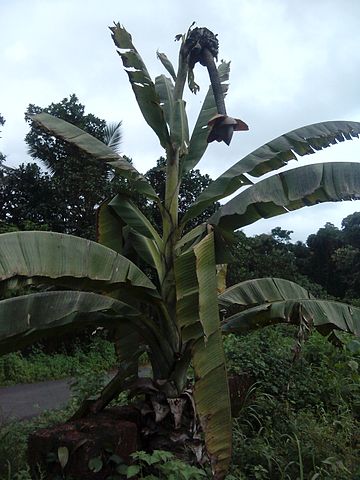

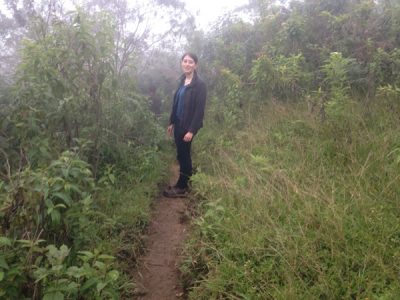 Megan Alpert‘s poetry has appeared in
Megan Alpert‘s poetry has appeared in 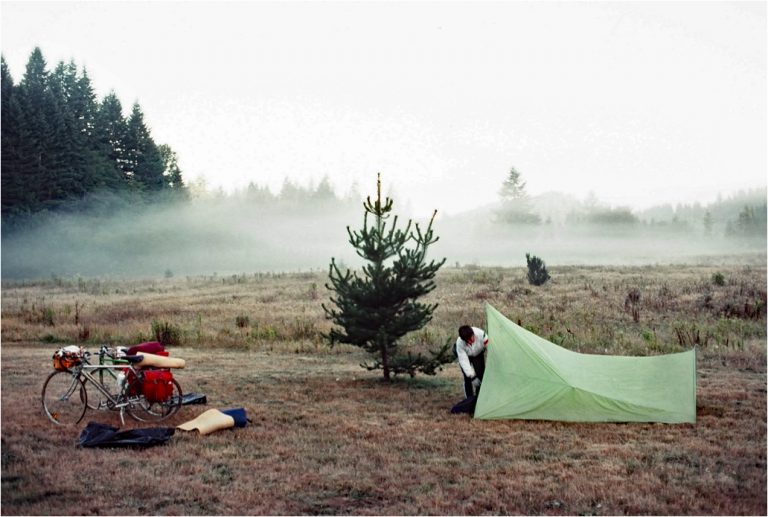
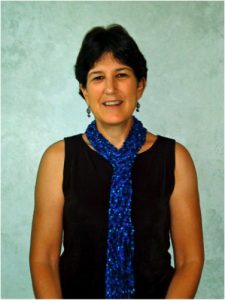
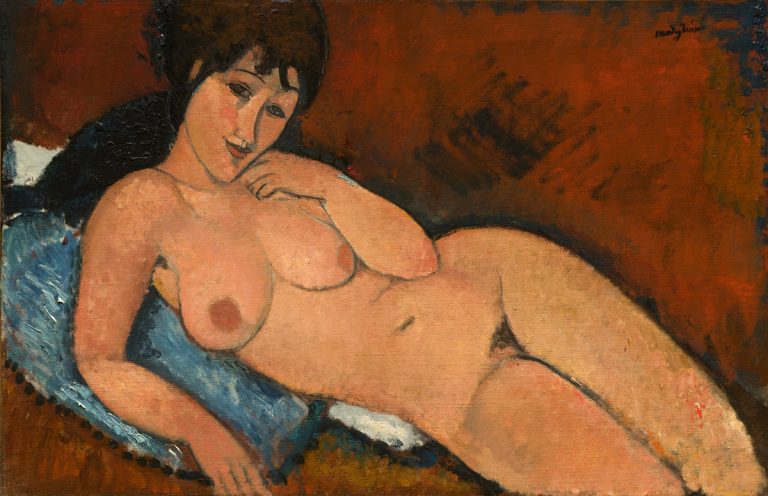
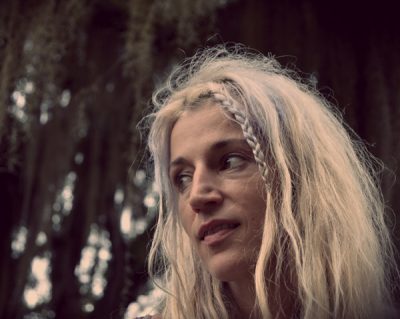 Alina Stefanescu is the author of “Objects In Vases” (Anchor & Plume, 2016). She was born in Romania and lives in Alabama with her partner and four small mammals. Her flash fiction, “White Tennis Shoes”, won the 2015 Ryan R. Gibbs Fiction Award. Her poem, “Oscar Dees, No Apologetics Please,” from the chapbook Objects in Vases, was nominated for a Pushcart Prize. You can read her syllables in current issues of PoemMemoirStory, Tinge Magazine, Jellyfish Review, The Zodiac Review, Parcel, Change Seven, and others. More online at
Alina Stefanescu is the author of “Objects In Vases” (Anchor & Plume, 2016). She was born in Romania and lives in Alabama with her partner and four small mammals. Her flash fiction, “White Tennis Shoes”, won the 2015 Ryan R. Gibbs Fiction Award. Her poem, “Oscar Dees, No Apologetics Please,” from the chapbook Objects in Vases, was nominated for a Pushcart Prize. You can read her syllables in current issues of PoemMemoirStory, Tinge Magazine, Jellyfish Review, The Zodiac Review, Parcel, Change Seven, and others. More online at